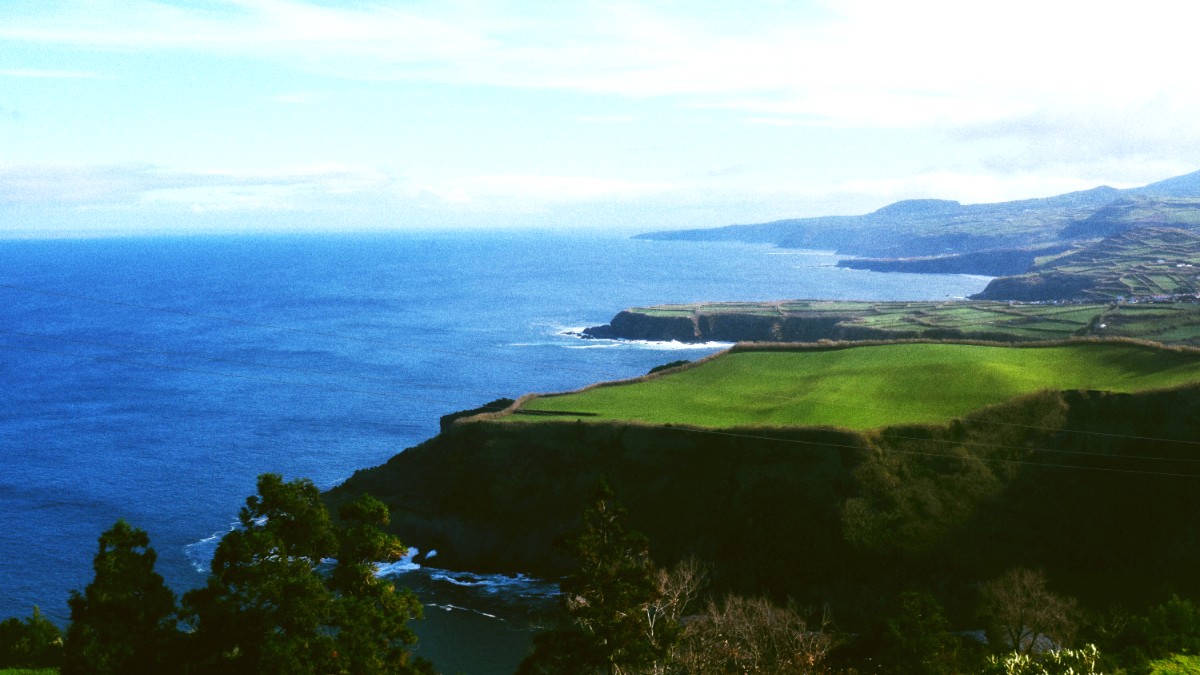
Portugal
MEO, Vodafone, and NOS are the main mobile operators. SIM cards (or eSIMs for compatible phones) (e.g., Airalo) are available at airports and official stores.
Most accommodations offer free Wi-Fi. Many restaurants and cafes provide free Wi-Fi. Using a local SIM card for mobile data often proves the most reliable option for internet access on the go, especially when exploring outside of towns. For portable Wi-Fi, consider Solis Wi-Fi.
CTT (Correios de Portugal) is the national postal service. Post offices are available in most towns across the islands.
Portuguese is the official language. English is widely spoken in tourist-facing businesses, especially in Ponta Delgada and Angra do Heroísmo. Younger generations often have good English skills.
Download offline Portuguese language packs for translation apps. This is very helpful in areas where internet access is limited.
Generally open Monday to Friday, 9:00 AM - 7:00 PM. Some smaller shops may close for lunch (1:00 PM - 3:00 PM). Saturdays typically 9:00 AM - 1:00 PM. Many smaller shops close on Sundays.
Larger supermarkets (Continente, Pingo Doce) are usually open Monday to Saturday, 8:30 AM - 9:00 PM. Sundays typically 9:00 AM - 1:00 PM, or until 7:00 PM in larger towns.
Lunch: 12:00 PM - 2:30/3:00 PM. Dinner: 7:00 PM - 10:00/10:30 PM (often close between services). Cafes/Pastelarias open earlier (7:00/8:00 AM) and generally close in the evening.
Banks generally open Monday to Friday, 8:30 AM - 3:00 PM. They close on weekends and public holidays.
Portugal observes national holidays, plus additional regional holidays specific to the Azores (e.g., Azores Day on Pentecost Monday).
Always check schedules for public transport and attractions, especially during holidays or off-season. This helps avoid unexpected closures.
A handshake (for men) or a light kiss on each cheek (for women, or mixed-gender interactions) is common. A simple "Olá" (hello) with a nod or wave is acceptable.
Casual attire is generally accepted for most daily activities, including walking around towns and visiting natural sites.
Do not hesitate to decline the "couvert" (bread, olives, etc.) if you do not want it. State "Não, obrigado/a" (No, thank you). Azorean dining is a leisurely affair.
Generally, taking photos in public places is acceptable. However, sensitivity towards individuals and specific locations is important.
Engaging respectfully with local customs enriches your travel experience significantly. Locals appreciate efforts to understand their way of life.
The Azores' natural landscape and existing infrastructure can present challenges for travelers with mobility needs.
The Azores' hilly terrain, cobblestone streets in historic centers, and natural landscapes (hiking trails, volcanic areas) can be challenging for those with mobility issues.
Newer public buildings and some major tourist attractions have improved accessibility features. Main viewpoints accessible by car generally good access.
Specialized services remain limited. Some museums may offer audio guides or tactile exhibits for an improved experience.
Contact the official Azores Tourist Board (visitazores.com) directly for specific accessibility inquiries. They share up-to-date information.
Always contact accommodations and attractions in advance to confirm their accessibility features. Clear communication helps ensure your needs are met.